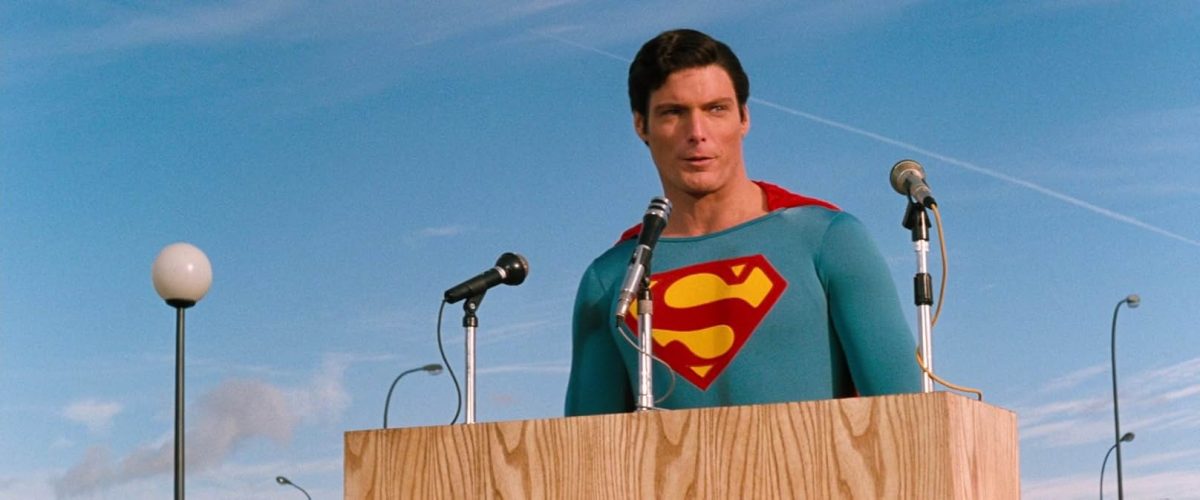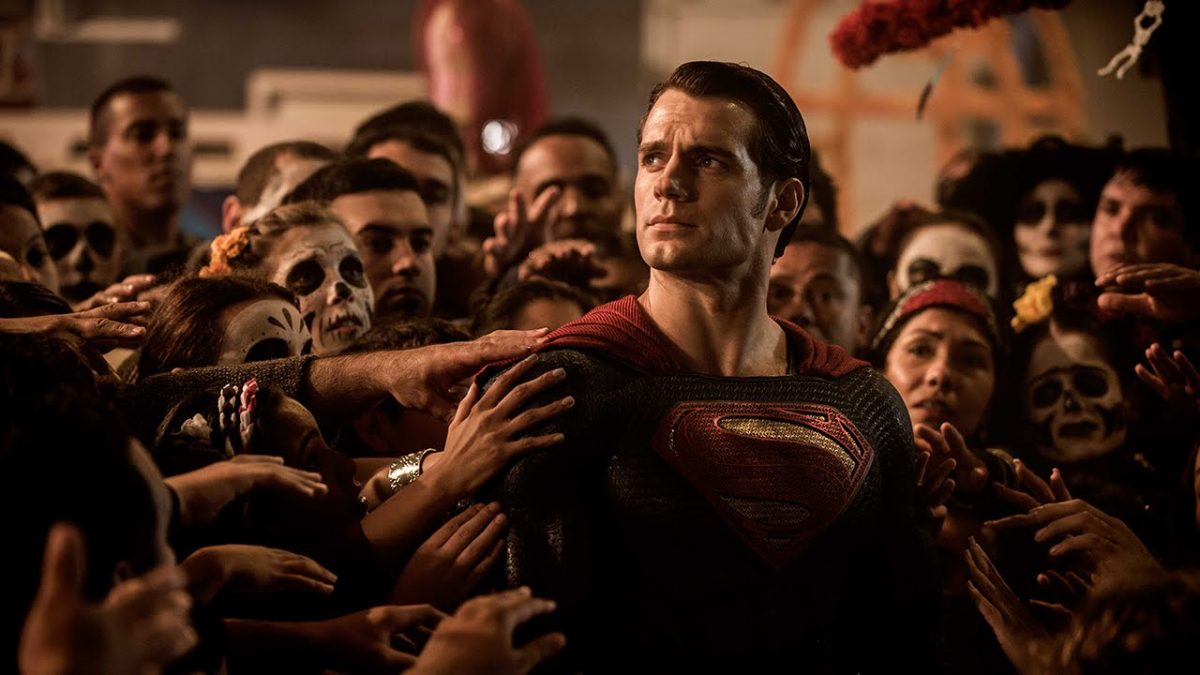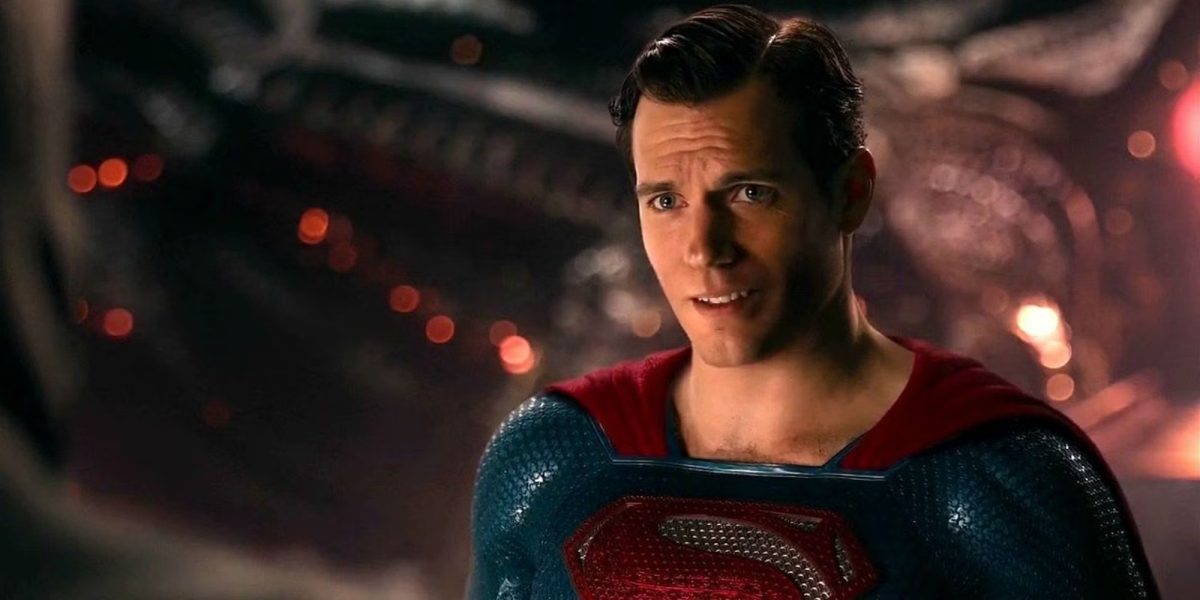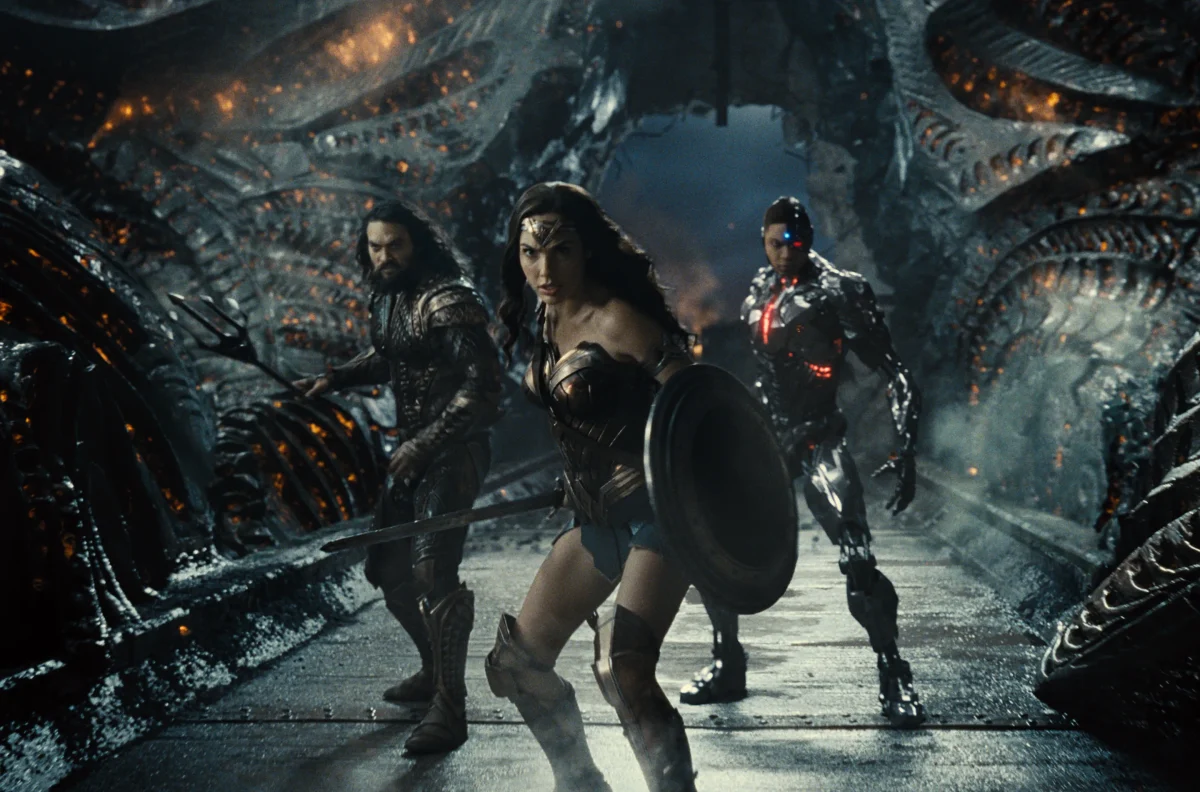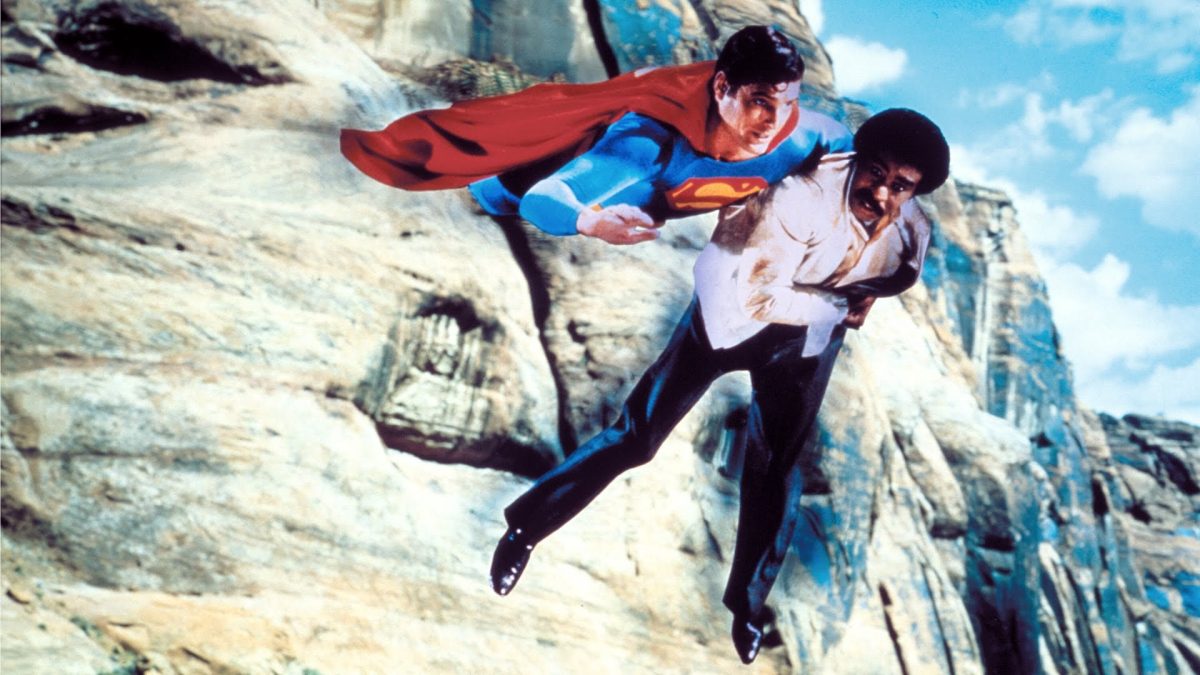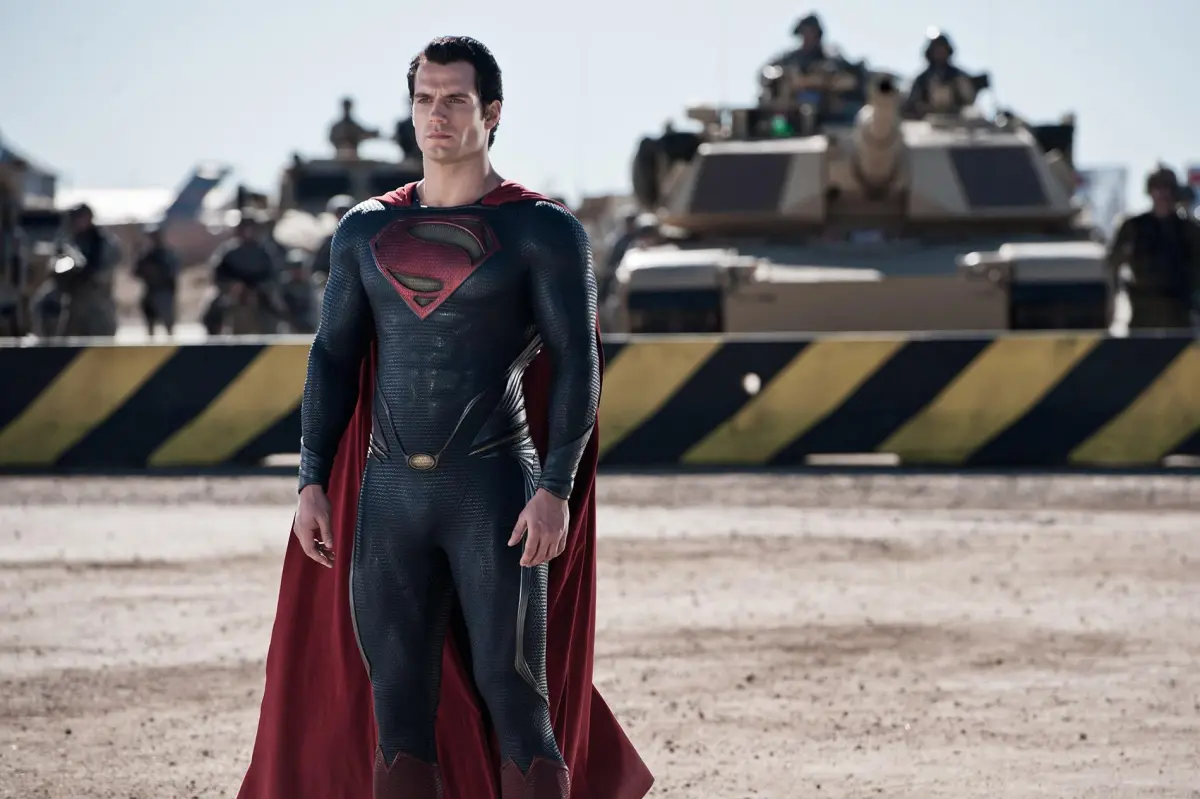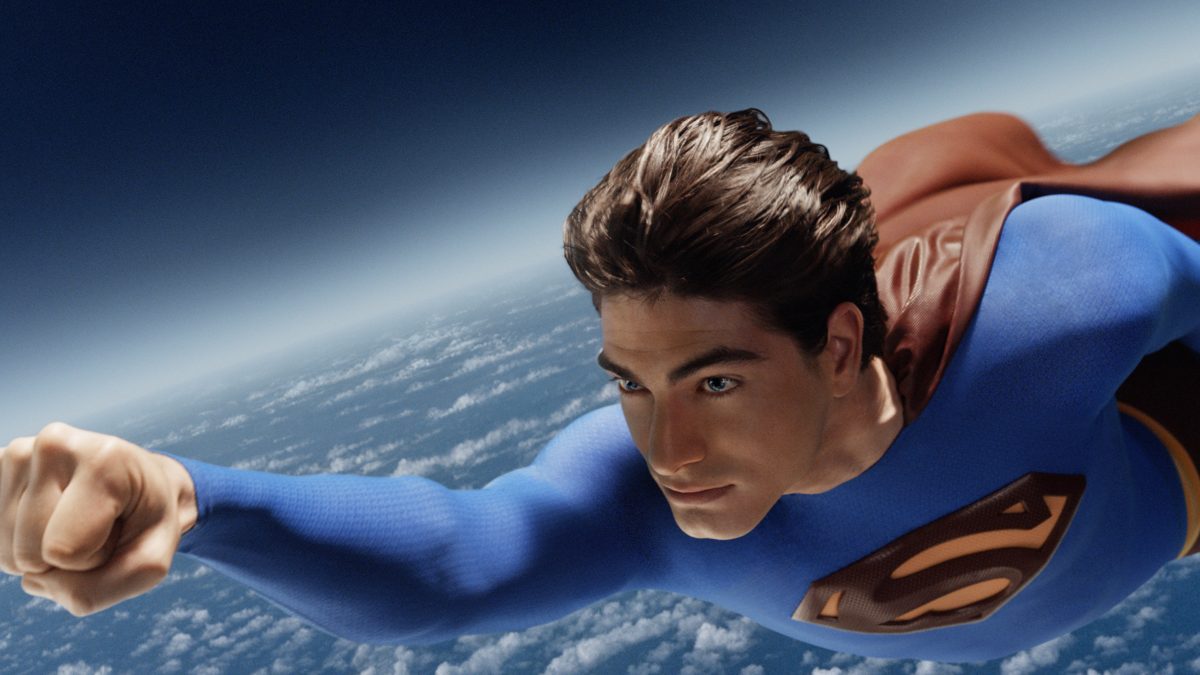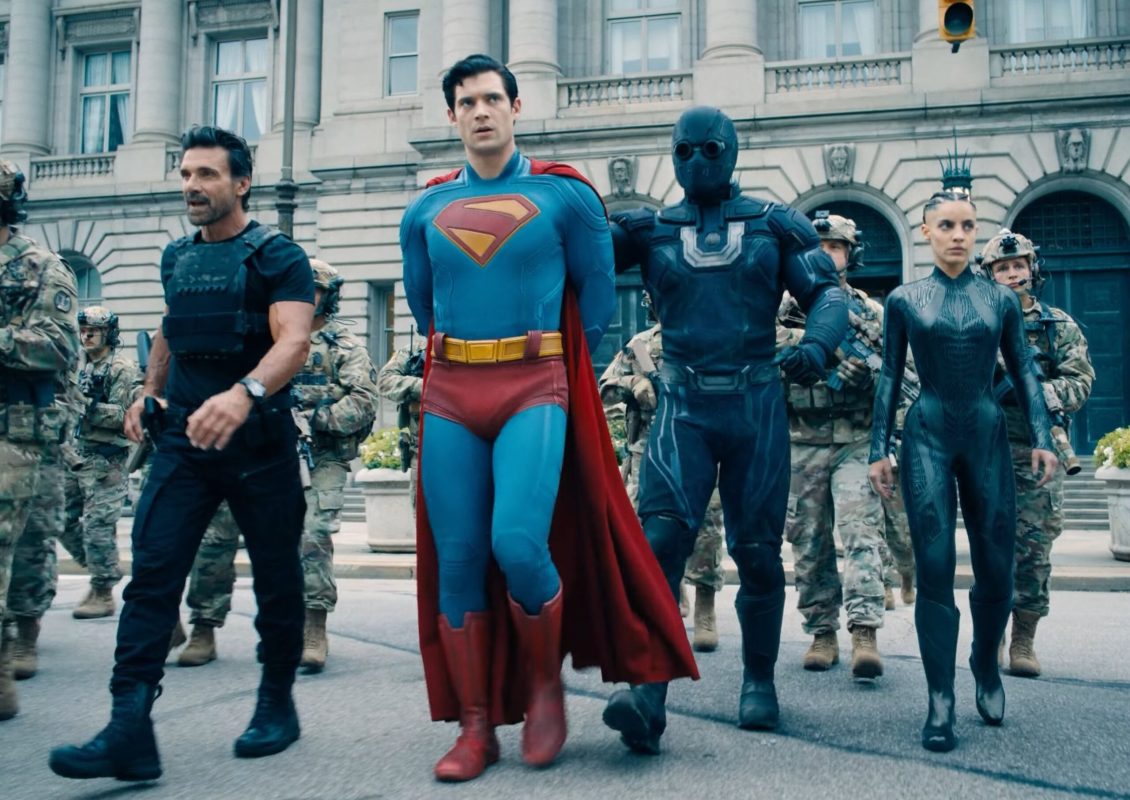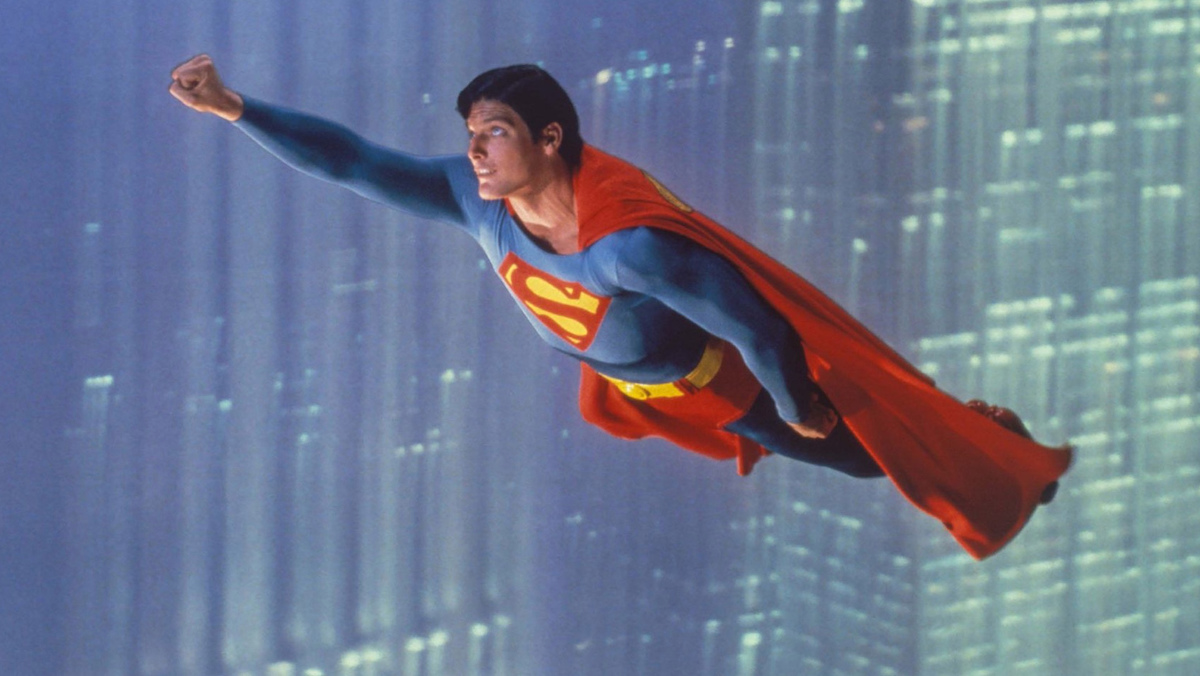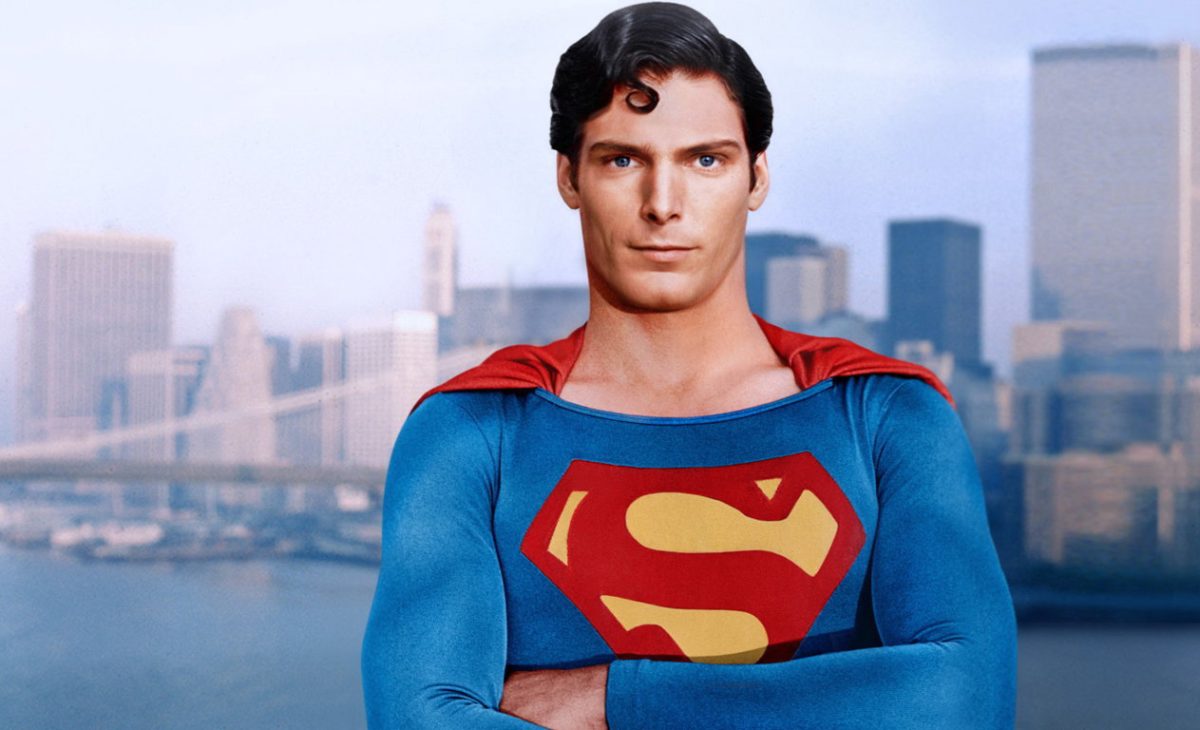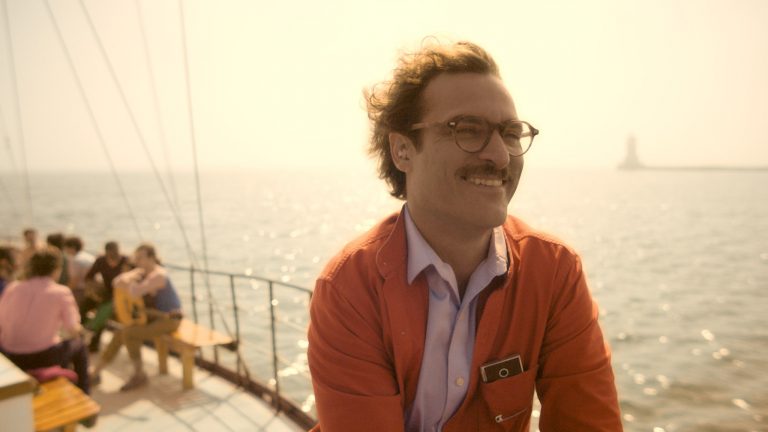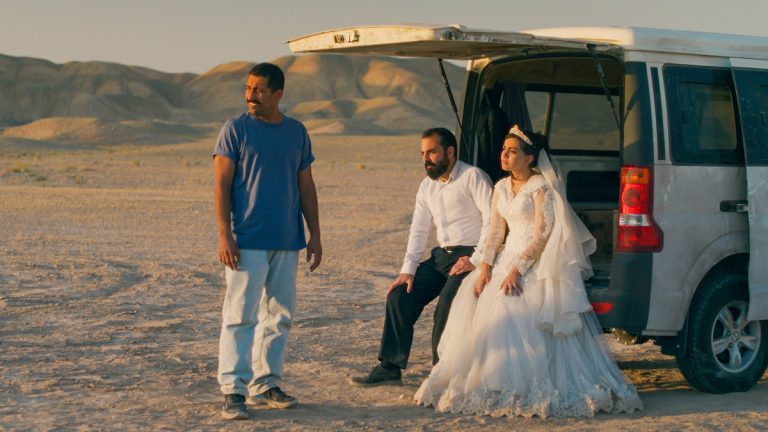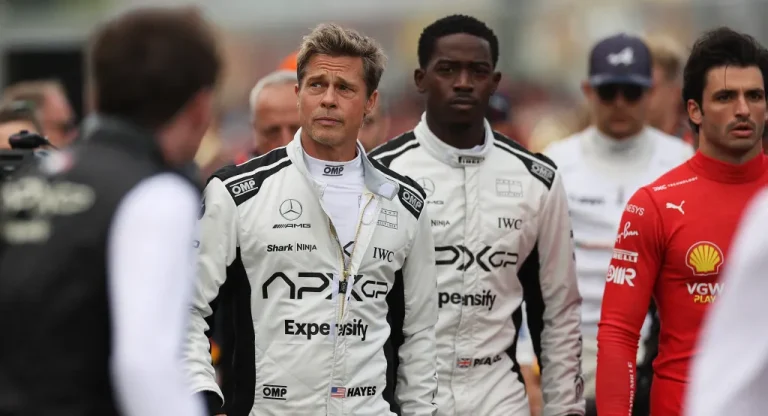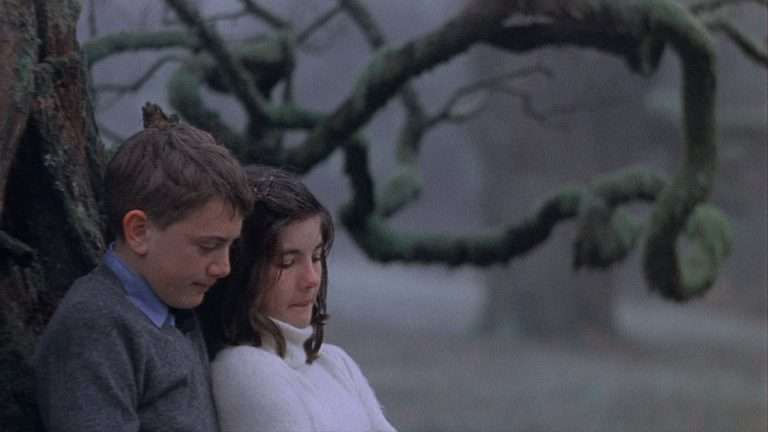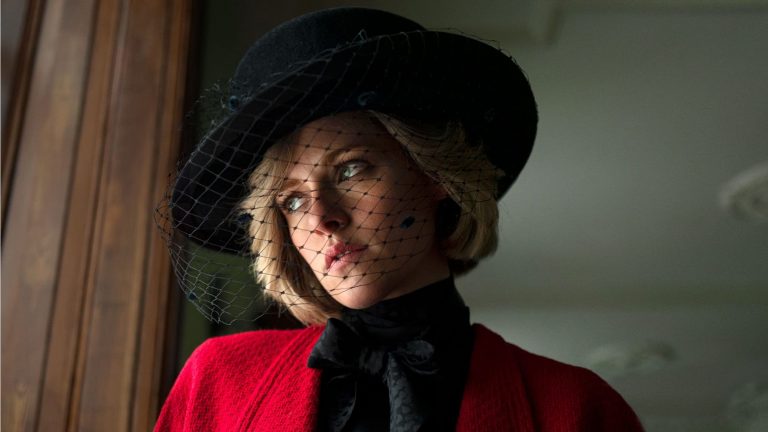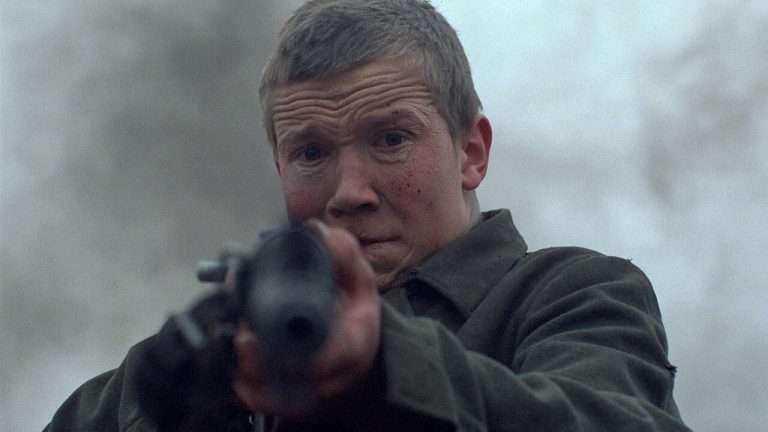Superman isn’t just the most famous superhero in history, but one of the most iconic characters in the history of modern American media. The history of DC comics was built on the world that Jerry Siegel and artist Joe Shuster created back in the 1930s, which has continued in new and exciting ways throughout thousands of subsequent issues.
Although Superman was depicted on television by George Reeves and later appeared in many animated shows, his transition to the big screen marked the first instance in which Hollywood took notice of the potential that comic book cinema had. Christopher Reeve had many other great roles, but for most viewers, he would always be known as the definitive Clark Kent.
After the four films that Reeve starred in, Superman had a somewhat difficult path back to the cinema, as many potential reboots were considered (including the infamous “Superman Lives,” which would have been directed by Tim Burton and starred Nicolas Cage). Brandon Routh eventually took on the role in Bryan Singer’s “Superman Returns,” which continued the continuity of the original films; it was unfortunately not a box office success, which led the character to be rebooted entirely with Henry Cavill in the DCEU.
Although Cavill appeared in several subsequent DCEU films, Superman was recast once more when the Zack Snyder-fronted franchise was dropped in favor of the new DCU, spearheaded by James Gunn.
Not every film that Superman appears in is on this list, as including all of his minor roles would be exhaustive. Versions of Superman appear briefly in “Black Adam,” “Shazam!,” “The Flash,” and the animated films “DC League of Super Pets” and “The LEGO Batman Movie,” but they aren’t substantial enough to merit consideration. While the 58-minute “Superman and the Mole Men” was in theaters, it was considered to be a trial run for the television series “Adventures of Superman” starring Reeves. Nonetheless, Superman is an exciting character whose future seems bright, as there is no shortage of source material to draw upon. Here is every “Superman” movie, ranked.
10. Superman IV: The Quest for Peace (1987)
Superman may have always been a character that has appealed to children, but “Superman IV: The Quest for Peace” is the only installment in the series that feels as if it was written by a child. Produced by Cannon Films with a significantly slashed budget, the half-hearted fourth installment in the original series features derivative components of its predecessors, with both Margot Kidder and Gene Hackman giving their worst performances in the series. Reeve is able to overcome a lot of the bad writing, but ironically, Superman is the only character in the film that doesn’t feel like he’s taken out of a comic strip.
Any entertainment value the introduction of “Nuclear Man” could have provided is absent due to the lackluster visual effects, which are lazily rendered, repetitive, and lacking in any creativity. With a majority of the film centered around slapstick comedy, the climax is an abrupt, overlong battle that also serves as the first major set piece in the film.
The idea of Superman having to cope with the reality of a nuclear war is compelling, but the film’s simplistic approach to the situation betrays the integrity that is inherent to the character. Given the sour taste that “Superman IV: The Quest for Peace” left in viewers’ mouths, it’s not entirely surprising that it took almost twenty years for the character to return to the big screen.
9. Batman v Superman: Dawn of Justice (2016)
Given the divisive reaction that “Man of Steel” received, it would have been strategic of Warner Bros. to construct a richer, more character-centric sequel that allowed Cavill to grow into the character.
Unfortunately, Warner Bros. was insistent on creating an expanded universe similar to that of Marvel, which had turned “The Avengers” into one of the highest-grossing films of all time. In order to rush into the planned “Justice League” film, Snyder shoehorned in his version of Batman into “Batman v. Superman: Dawn of Justice,” a nearly incomprehensible mess that tanked any goodwill towards the DCEU.
The core issue with the film is how many uncompleted storylines are going on. Although exploring the ideological differences between Batman and Superman would have been enough, there’s a confusing subplot involving them being manipulated by Jesse Eisenberg’s Lex Luthor, who bears nothing in common with the character he was based on.
Additional scenes setting up other Justice League members were even more distracting. The film is choppy, filled with plot contrivances, and generally mean-spirited and dull, as both Superman and Batman are depicted as violent characters with no concern for public sentiment. Killing Superman off in the second film was a terrible decision, as it lacked any emotional stakes given the character’s underdevelopment.
Batman v Superman: Dawn of Justice (2016) Movie Review
8. Justice League (2017)
Amidst backlash to “Batman v. Superman: Dawn of Justice,” the “Justice League” film was hastily reworked amidst production when Joss Whedon stepped in to direct reshoots, as Snyder had departed after a family tragedy.
The film’s issues are the exact opposite of its predecessor; while “Batman v. Superman” was overstuffed and erratic, “Justice League” was more straightforward and basic than a majority of the cartoons based on the characters. The plot mechanics used to bring Cavill’s Superman back are laughable, and the transition from Snyder’s overwrought, heavy dialogue to Whedon’s light banter was awkward, to say the least.
While Ben Affleck was fairly compelling in “Batman v. Superman,” despite the film’s issues, his role in “Justice League” is neutered of any edge. His co-stars fare even worse, as Gal Gadot proved to be incompetent without her “Wonder Woman” director Patty Jenkins, Ezra Miller’s Flash was incredibly obnoxious, Ray Fisher’s Cyborg was very underwritten, and Jason Momoa’s Aquaman was essentially a caricature.
Nonetheless, the brief period in which Cavill is allowed to be altruistic and heroic is definitely the best part of the film. It’s a shame that an actor so charismatic (as was evident in the underrated “The Man From U.N.C.L.E. ”) was not allowed to play a hopeful version of the character.
7. Zack Snyder’s Justice League (2021)
After “Justice League” bombed at the box office, hardcore fans of Snyder accused Whedon and Warner Bros. of sabotaging the production and harassed both the studio and film critics for several years.
In a true sign of toxic fandom winning, Warner Bros. allowed Snyder to spend nearly $100 million completing the film, despite the fact that it was sent directly to HBO Max, and spent quite some time setting up another sequel that would never happen. “Zack Snyder’s Justice League” is better than the theatrical cut simply for the fact that it feels more complete, as scenes relevant to characters like Cyborg are restored for narrative cohesion.
Unfortunately, Snyder’s film doesn’t offer much more in terms of substance, as his aptitude for slow motion, graphic violence, and overwrought Christian allusions (which obnoxiously overemphasize Superman’s rebirth to the resurrection of Jesus Christ) simply drag out the running time.
The villain Darkseid has little presence because there is no personality to the CGI character, and the chemistry between members of the Justice League itself is hostile and awkward. Most frustrating is the underdeveloped dynamic between Batman and Superman. Even though Affleck’s Bruce Wayne spent all of “Batman v. Superman” claiming that Kal-el was a massive threat to humankind, he seems to treat Superman as a messianic figure and a close personal friend.
Zack Snyder’s Justice League (2021) Movie Review
6. Superman III (1983)
Production issues with “Superman” movies didn’t begin with Snyder and Whedon, as controversy started when Warner Bros. fired Richard Donner from completing “Superman II,” opting to replace him with Richard Lester. Lester, best known for light comedies like “A Hard Day’s Night” and “The Three Musketeers,” was then given complete creative control over “Superman III,” which saw the Man of Steel returning to his hometown of Smallville for a high school reunion. While Gene Hackman refused to return as Lex Luthor (citing his frustration with the treatment of Donner), Robert Vaughn appeared in an equally scene-chewing role as the new villain, Ross Webster.
“Superman III” is pleasant, but often too slapstick for its own good, and has a narrative surrounding oil supplies that never pans out in a compelling way. Nonetheless, it’s much better than it’s given credit for, mostly for the fact that Reeve gets to show why Superman is an inspirational figure to common people.
Richard Pryor’s role may overstay its welcome, but having one of the world’s greatest comedians isn’t a bad thing, especially given that “Superman III” is mostly a situational comedy about Superman having to balance his life as a superhero with his identity as Clark. It’s goofy, even by “Superman” standards, but a mid-film battle in which Superman squares off with his evil doppelganger is among the franchise’s best scenes.
5. Man of Steel (2013)
“Man of Steel” originated from a pitch by David Goyer, who had conceived of a way to reboot the iconic character whilst Christopher Nolan was in production on “The Dark Knight Rises.” Warner Bros. was understandably enthusiastic about the notion of a “dark and gritty” film about Superman, given the acclaim for “The Dark Knight,” but Nolan was involved only in name. Snyder may be a talented visual stylist, but his weakness for characterization is evident in a film that doesn’t know how to structure its flashbacks.
There’s never a sense that Clark is truly humbled, as his sparring with his stepfather, Pa Kent (Kevin Costner), leads to one of the strangest character deaths in comic book film history. However, Snyder’s Superman is so concerned with destiny that he never becomes a hero among the people, as the destruction he causes is equivalent to what was brought upon by General Zod (Michael Shannon).
The romance with Amy Adams’ Lois Lane is similarly lackluster, and the destructive onslaught of the final act doesn’t have the rousing sensationalism that a proper blockbuster should. Nonetheless, “Man of Steel” benefits from an extraordinary score from Hans Zimmer, as well as a terrific opening sequence that follows Jor-El (Russel Crowe) during the destruction of Krypton.
Man of Steel (2013) Movie Review
4. Superman Returns (2006)
Although complaints are often lobbied at the notion that an optimistic, hopeful character could exist in the modern world, “Superman Returns” offered a deconstruction of this theory by serving as a direct continuation of the ending of “Superman II” (as it ignores the two subsequent Reeve films entirely). Replacing Reeve is Brandon Routh, whose version of Superman returns to Earth to find that Lois Lane (Kate Bosworth) has become a cynic, Lex Luthor (Kevin Spacey) has been released from prison, and the world has moved on from its savior.
“Superman Returns” has a brilliant opening rescue sequence, but the film is much more of an atmospheric drama than a big-budget spectacle. It openly questions the idealism of the character’s inception and touches on the metaphorical ramifications of depicting a God-like figure in a post-9/11 world.
Bosworth’s performance may leave something to be desired, but Routh’s impression of Reeve is spot on, and many side characters like Perry White (Frank Langella) and Jimmy Olson (Sam Huntington) are well cast. Although it lacks some of the comic charm of Donner’s films, “Superman Returns” is able to revel in the inherent wonder that the character inspires, all whilst putting together a spectacular work of entertainment in its third act.
3. Superman (2025)
“Superman” makes the assumption that its audience is already familiar with many aspects of the character, as the film immediately dives deep into a world where the “Last Son of Krypton” has already faced both praise and criticism from those he intends to save.
While at times it feels as if James Gunn has attempted to cram nearly a century of comic book history into a film that prominently features metahumans, pocket universes, and an entire staff of “Daily Planet” employees, “Superman” is remarkably grounded as a story about an immigrant child who is destined to save a planet that doesn’t entirely trust him.
“Superman” is the most empathic depiction of the character ever, as David Corenswet’s Clark Kent struggles to see how his heroic ambitions could be misperceived, distorted, and ostracized by a civilization that is already fiercely divided. This provides a perfect platform for Nicholas Hoult to give a scenery-chewing performance as a modern Lex Luthor who uses his government connections and army of (literal) Internet monkeys to turn Superman into a public enemy.
While the abundance of cheeky humor can at times deflate the earnestness of the emotional exchanges, “Superman” never attempts to apologize for its geekiness and develops an iteration of reality that still feels remarkably lived-in. Even if it is made evidently clear that it is not an origin story, “Superman” is a strong encapsulation of the ideology and experience that shaped the character and serves as a promising first step within Gunn’s ambitious plan for the DCU.
Superman (2025) Movie Review
2. Superman (1978)
“Can you believe a man can fly?” became one of the most famous taglines in film history, and it doesn’t just work because of the extraordinary pioneering of visual effects, as “Superman: The Movie” debuted just a year after “Star Wars.” It was Reeve who conjured the earnest, uncomplicated goodness of the character that brought the comics to life, as he managed to turn the most larger-than-life character in existence into a grounded character shaped by the world around him.
There’s a delicacy in the exploration of Clark’s upbringing that’s reminiscent of the great family films of the 1970s, and it’s the details that make the action so exhilarating. Even in an era where special effects have long surpassed what was possible in 1978, there’s something striking about the notion of Superman looking for a phone booth to change into his costume.
Reeve’s dynamic with Margot Kidder’s Lois Lane has the same slapstick whimsy of ‘30s romantic classics like “Bringing Up Baby” and “His Girl Friday,” and John Williams’ score makes each flying scene more enchanting than the last. The time-travel ending is ridiculous, as is Hackman’s portrayal of Luthor, but the cheesier elements of “Superman” have made it more endearing over time.
1. Superman II (1980)
Fans may debate whether versions made by Donner supersede the theatrical cut from Lester, but both versions are triumphant in facing Superman off with his greatest challenge yet. Although Christopher Stamp’s imposing, militaristic depiction of the evil Kryptonian warlord, General Zod, is the greatest of all of Superman’s onscreen antagonists, the film’s most compelling drama comes from the character having to balance his roles as the Man of Steel and the lowly reporter Clark, who can’t even admit to Lois who he really is.
Although the notion of a superior superhero sequel would be affirmed by the acclaim for “Spider-Man 2,” “X2,” “The Dark Knight,” and “Captain America: The Winter Soldier,” “Superman II” was the first to prove that making its protagonist more vulnerable would lead to a more exciting adventure.
There are dashes of the comic edge that Reeve brought so wonderfully to the screen, but “Superman II” is often quite dark, as it shows how easily a world left unprotected can slip into chaos. The interiority of Krypton’s society and the “Daily Planet” newsroom are expanded upon, and the action is far grittier than the rather simplistic combat in its predecessor. Although the scope, stakes, and spectacle are enhanced, it’s the deeply emotional heart that makes “Superman II” the best of the series.

